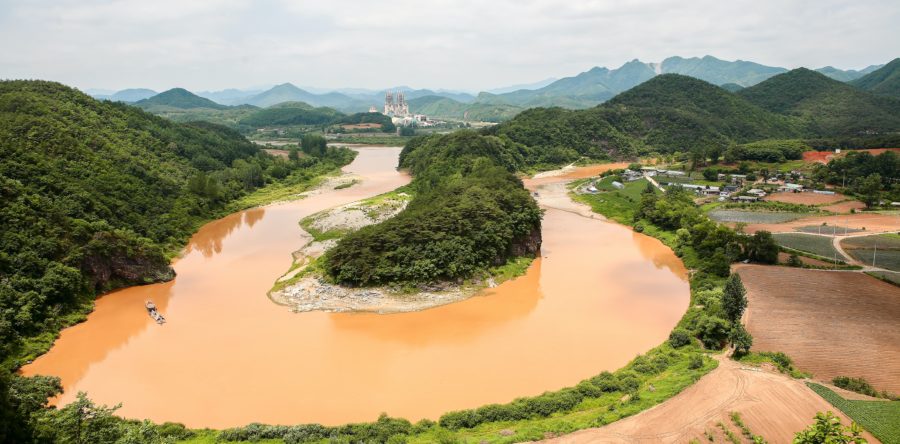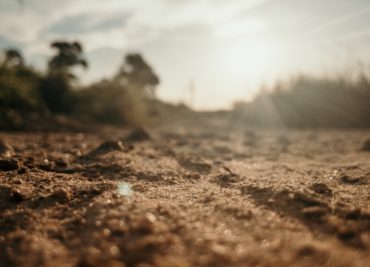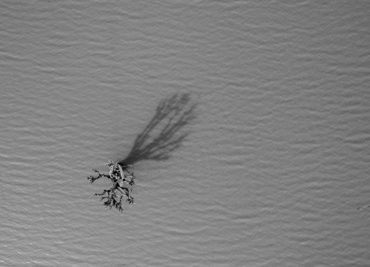The Korean Demilitarized Zone (DMZ), which is home to numerous rare and endangered flora and fauna, has been protected from human interference and environmental disruption for almost 70 years. Several areas around the DMZ are designated as UNESCO Biosphere Reserves yet certain areas are not. This article hypothesized that there may be differences in the public opinion regarding the UNESCO Biosphere Reserves between the designated and non-designated DMZ areas. A survey of DMZ area residents was conducted to understand those differences. From July 26 to August 1, 2020, surveys were conducted with 410 residents in the DMZ area. Contrary to the initial hypothesis, there were no significant differences in the opinion or awareness in both areas. Both groups of residents cherished their natural environment and were positive towards protecting it through its designation as a UNESCO Biosphere Reserve. They also showed a lot of similarities rather than differences in their opinion and awareness. Accordingly, factors other than residents’ perception need to be explored to determine why certain areas around the DMZ are designated as UNESCO Biosphere Reserves while others are not. This article concludes that if residents in the DMZ area are given adequate information regarding UNESCO Biosphere Reserves, sustainable development will continue within designated areas and movement in support of designation as UNESCO Biosphere Reserves will likely occur in non-designated areas.
Jung et al. 2021




